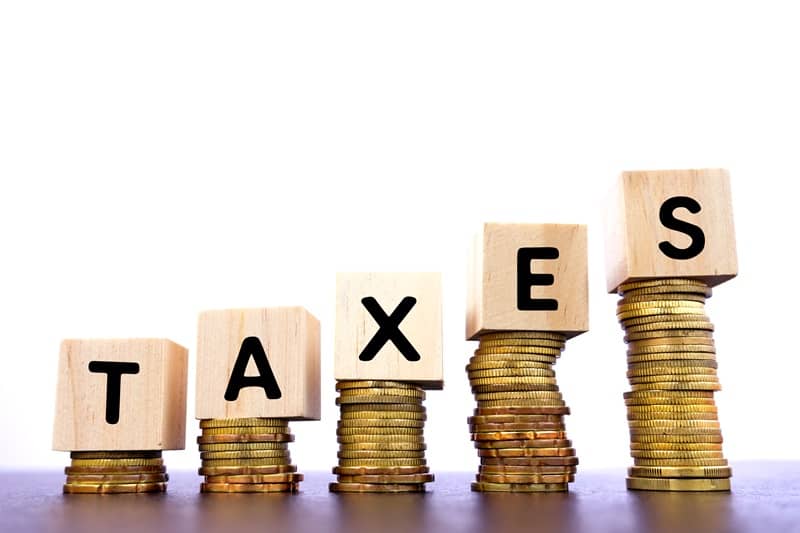By Steve Buckstein
Two hundred and forty-one years ago this July 4, the world was gifted with one of the most significant political documents ever written. When Thomas Jefferson authored the Declaration of Independence, he boldly stated:
“We hold these truths to be self-evident; that all men are created equal, that they are endowed by their Creator with certain inalienable rights, among these are Life, Liberty and the pursuit of Happiness. That to secure these rights, Governments are instituted among Men, deriving their just powers from the consent of the governed.”
Jefferson realized that government and society are not synonymous. He argued that government’s purpose is to protect the inalienable rights of the individuals that make up society. He understood that such rights are not granted by government; and that any rights government does claim to grant are really claims on someone else’s right to life, liberty, or property. What would he think of today’s politicians in Washington, D.C. and Salem, Oregon who propose law after law ordaining right after right?
Jefferson also understood that he wasn’t elected President in 1801 to “run the country.” He was elected President to run the executive branch of a limited, constitutional government that coincidentally he helped to create. To reinforce these concepts, why not read the Declaration again this Independence Day and consider the power it had—and still has—to change our world for the better.
Steve Buckstein is Founder and Senior Policy Analyst at Cascade Policy Institute, Oregon’s free market public policy research organization. He was the 2016 recipient of the Thomas Jefferson Award by the Taxpayer Association of Oregon and the Oregon Executive Club.











